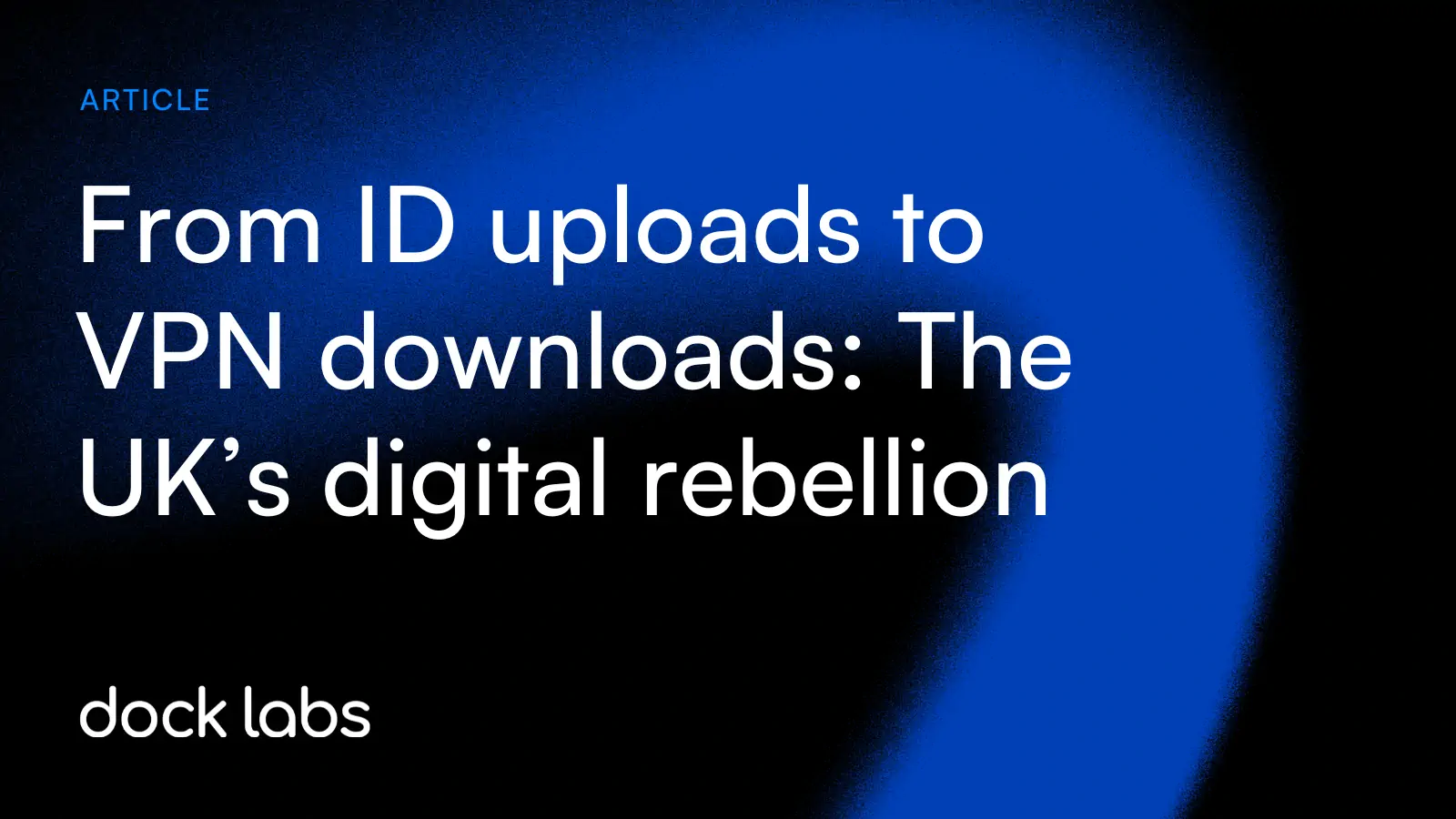The UK's Online Safety Act triggered a staggering 1,800% surge in VPN signups within days of implementation.
The UK’s Online Safety Act was introduced to make the internet “safer,” especially for children. It forces websites and platforms to implement strict age verification measures for adult and “harmful” content, often requiring users to upload government IDs, credit cards, or even biometric scans.
While the goal is protection, the method feels intrusive.
Suddenly, every UK citizen is being asked to share sensitive identity data with third-party verification companies just to access certain sites.
The public response was immediate.
Within days of implementation, the UK saw a staggering 1,800% surge in VPN signups.
ProtonVPN jumped to the #1 app in the UK App Store. NordVPN reported a 1,000% surge. In fact, four of the top five free iOS apps in the UK were VPNs.
Millions of people literally paid to preserve their privacy rather than comply.
This backlash reveals a fundamental flaw in how age verification was implemented.
People are rejecting what they perceive to be privacy-invasive ID uploads. They don’t want to hand over passports, driver’s licenses, or facial scans just to browse.
Can we blame them?
The problem isn’t age verification itself. The problem is the method, which pushes people to circumvent the rules with VPNs or even fake data.
But here’s the thing: we already have better options.
- Government-issued digital IDs already exist.
- Zero-knowledge proofs let you prove you’re 18+ without revealing who you are.
- Verifiable credentials combine reliability (government-backed trust) with privacy by design.
With this model, the website never sees your personal data.
The check is still secure, government-backed, and reliable, without creating surveillance or new honeypots of sensitive data.
The VPN surge is proof that people value their digital privacy so much that they’ll pay for it.
If governments want compliance and safety, they need to meet people where they are: with solutions that respect privacy as much as protection.
The UK’s privacy backlash demonstrates exactly why verifiable ID credentials are the way forward.
They can resolve public resistance while maintaining both effective age checks and digital rights.






